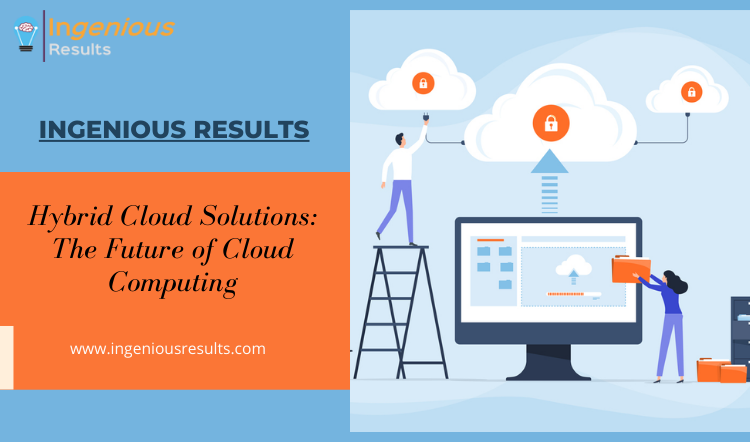Hybrid Cloud Solutions: The Future of Cloud Computing

Cloud computing has been one of the most disruptive technologies of the last decade. With the increasing demands for scalability, flexibility, and cost efficiency, businesses are now embracing cloud computing as a viable technology solution. However, many organizations have found that using a single cloud provider is not always ideal for their needs. This is where hybrid clouds come in – they offer all the advantages of public and private clouds combined into one solution.
In this article, we’ll take a look at why hybrid cloud solutions are the future of cloud computing.
- Cost Savings: By leveraging existing investments in both public and private clouds, businesses can save money by only paying for what they need when they need it instead of investing large amounts upfront into expensive hardware or software licenses which may become obsolete over time as technology advances rapidly. Additionally, since most providers charge based on usage rather than fixed fees like traditional IT setups do, companies can reduce overall operational expenses significantly while still getting access to top-notch computing power whenever needed.
- Scalability & Flexibility: With a hybrid setup, you get the best of both worlds – the ability to scale quickly if demand increases suddenly (by tapping into additional resources available through your public cloud) but also maintain control over sensitive data stored within your own secure environment (private). This makes it easier for organizations to adjust their operations according to changing market conditions without worrying about security risks or compliance issues related to storing confidential information outside their premises.
- Improved Performance: Since workloads can be distributed among various servers located either inside or outside company networks, performance levels tend to increase substantially compared with relying solely on local machines due limited processing capabilities these typically possess. Furthermore, because each server’s capacity utilization rate remains high throughout its lifespan there’s no wasted energy being used unnecessarily which helps keep operating costs down even further.
In conclusion – By combining the benefits of private and public cloud services, businesses can achieve cost efficiency, flexibility, disaster recovery, compliance, and increased agility. As cloud computing continues to evolve, businesses that adopt hybrid cloud solutions will be best positioned to stay ahead of the curve.
